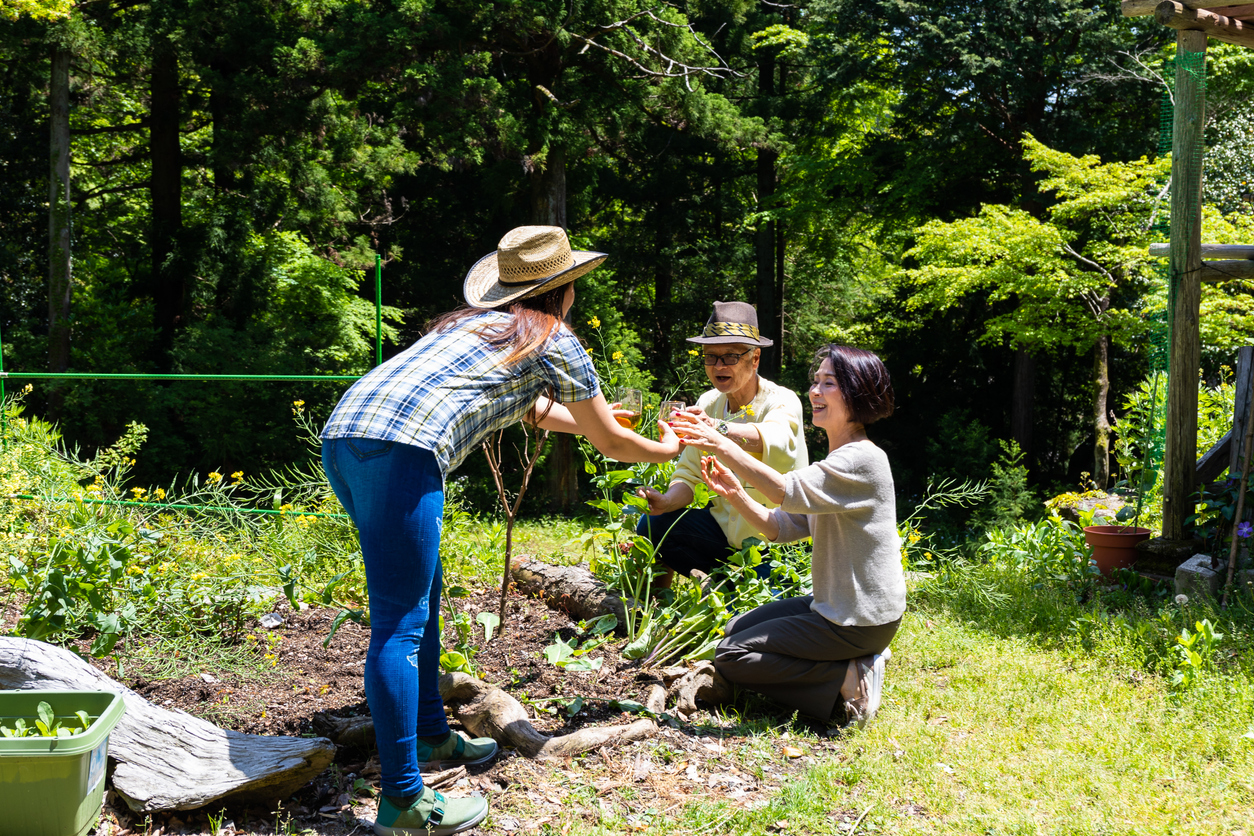Many a wiser scholar has endeavored to make sense of the plight of the Levite. My professor, Dr. Martin A. Cohen, advanced the view that they were a displaced priestly caste who lost their roles of spiritual leadership to the ascendant Kohanim. Others suggest that their numbers had dissipated by the time the Israelites entered the Promised Land, enabling other tribes to edge them out of territory that might otherwise be assigned to them. Still more suggest that it is impossible to infer the cause of their vulnerability, but evident that they served a subordinate priestly role – something akin to that of the custodians of ritual spaces.
The mystery surrounding the precarious lives of the Levites does not, however, obscure the societal response. Again and again and again – often proximate to mandates to care for the widow, the orphan, or the stranger, the Torah requires caring for the landless and economically vulnerable Levite.
In this week’s Torah portion, Parshat Re’eh, we read once more of the admonition that the Israelites not forget the Levites and their needs. In Deuteronomy 12:19, we read: “Be sure not to neglect the [family of the] Levite as long as you live in your land.” The formulation in Hebrew is a bit more pointed still, to “pay heed to yourself lest you abandon the Levite…” – or watch over yourself so that you do not conflate your well-being with everyone’s well-being. You may be thriving. You may have land. You may have produce. You may have income aplenty. But your abundance is not universal, and it must immediately call you to attend to those who have less – or in the case of some landless Levites, nothing at all.
While one might seek to derive from this passage support for progressive policies regarding reparations, affirmative action, or other social policies and actions, it seems to most directly speak to the notion of Noblesse Oblige. The idea surfaced in France as a norm for nobles, who should treat those of lesser means with generosity and care. It meant giving dignity and giving financially.
In our society today, Noblesse Oblige seems in short supply. Those who have “made it” – often deservedly so – do not always remember their struggles, risks that could have gone badly, and the many of their colleagues and friends who never attained such financial success. Our tradition calls those who have succeeded to “pay heed to yourself” – lest you forget those who have not been so able or so fortunate.
Beautifully, commentator Jacob ben Asher suggests that this approach is not merely for the recipient of largesse but for the benefactor: “A gift to a person broadens the giver.” At a time of widening social divides and stratification by wealth, it is a message worthy of our attention. Breaking out of our microcosms to understand the realities of others helps us at least as much as those to whom we give. Doing so with an ethos of generosity and a sense of gratitude for what we have expands our perspectives, our minds, and our hearts.
It is long overdue to bring back as a social norm Noblesse Oblige – and caring eagerly for those who suffer from the structures of poverty, as though modern-day Levites.

Joshua Stanton is Rabbi of East End Temple in Manhattan and the Director of Leadership Formation at CLAL – The National Jewish Center for Learning and Leadership. He serves on the Board of Governors of the International Jewish Committee for Interreligious Consultations, which liaises on behalf of Jewish communities worldwide with the Vatican and other international religious bodies.

